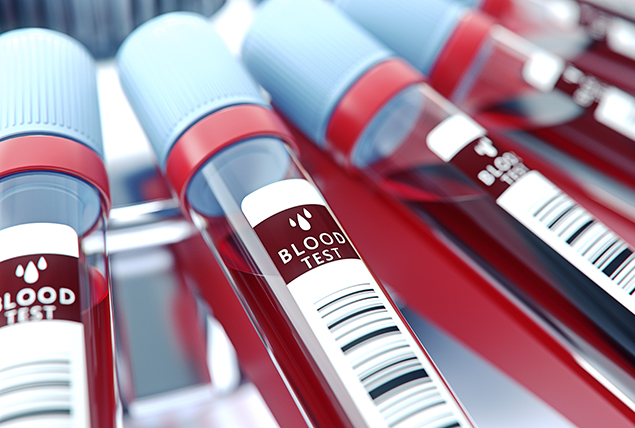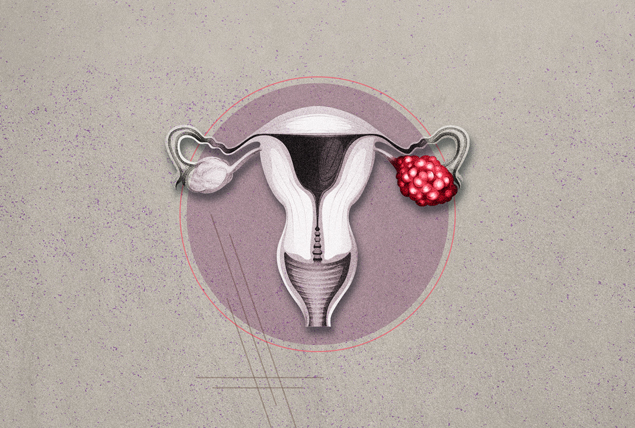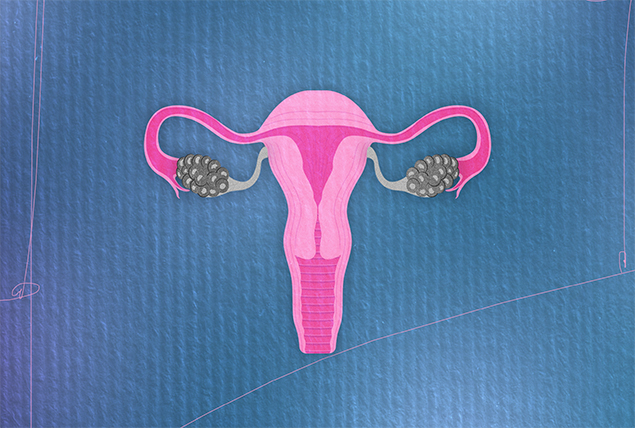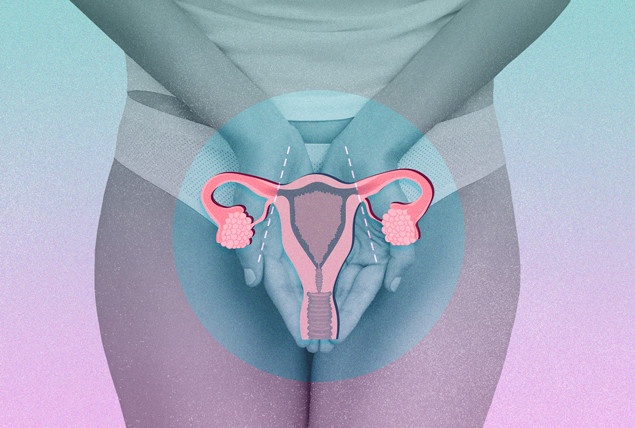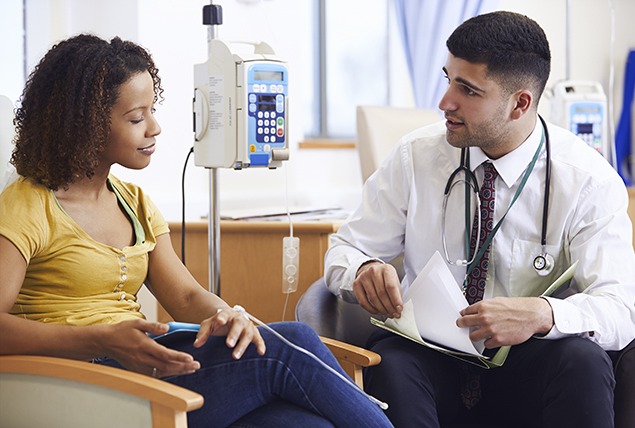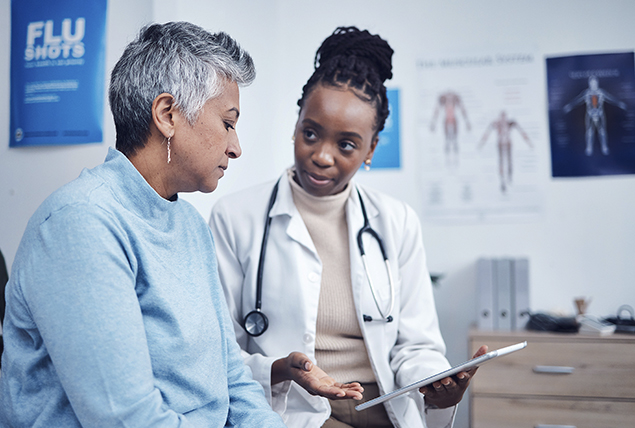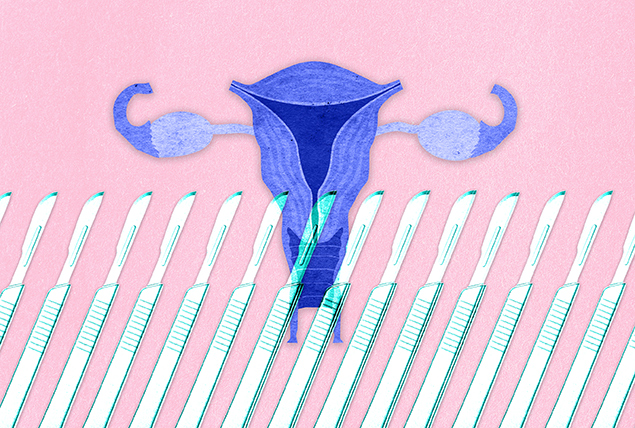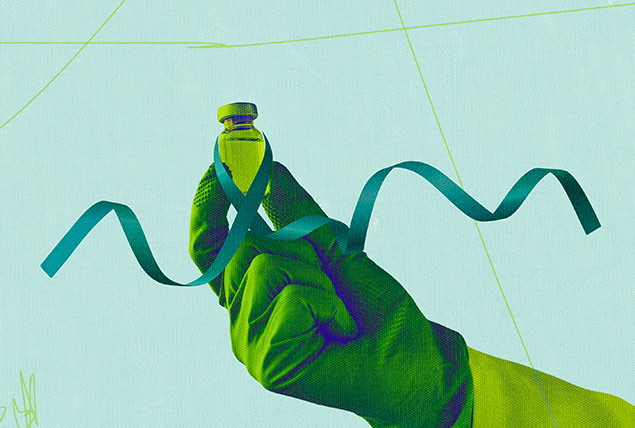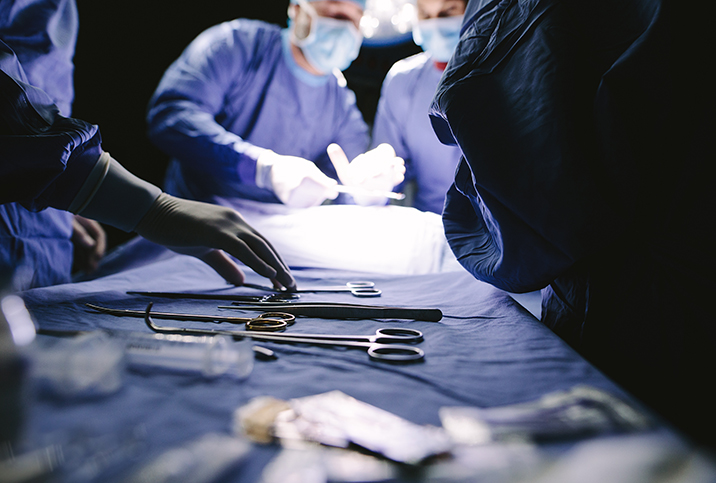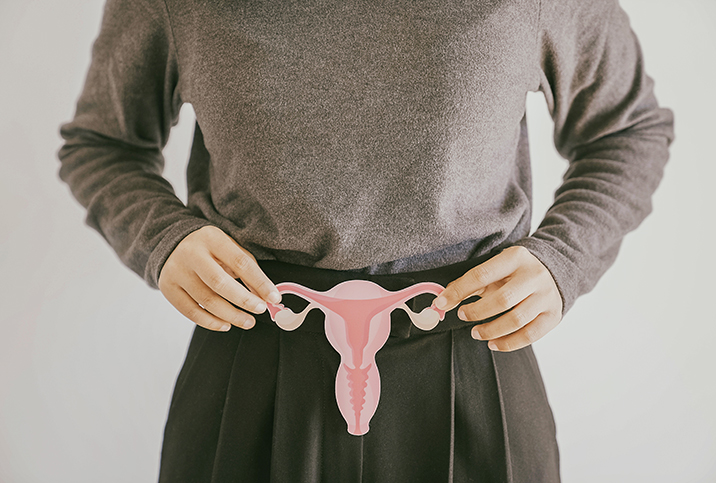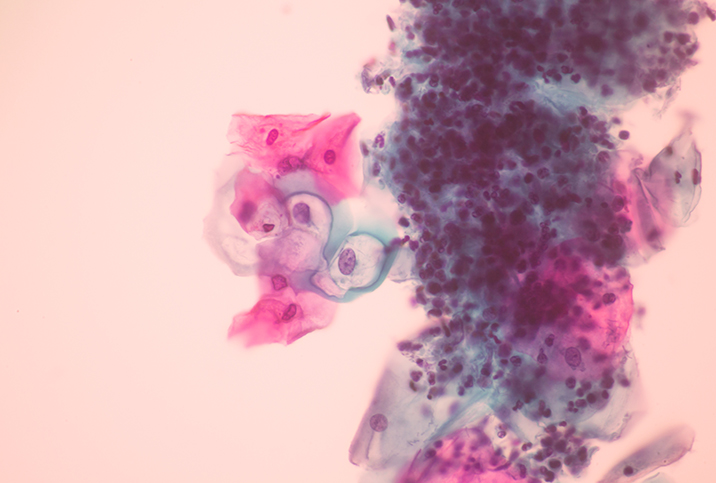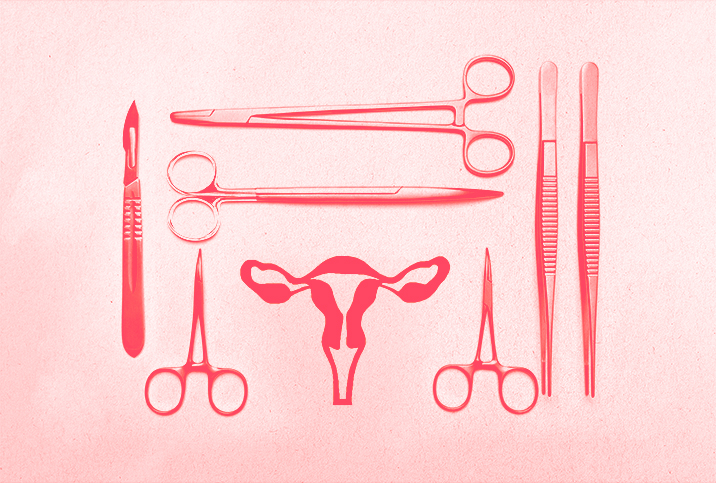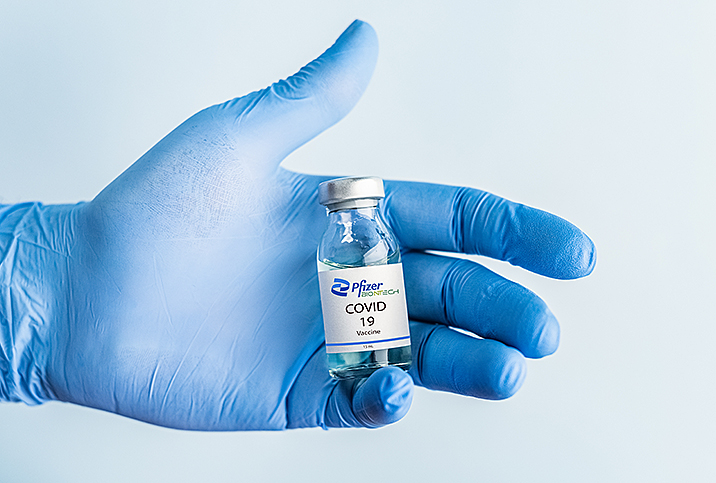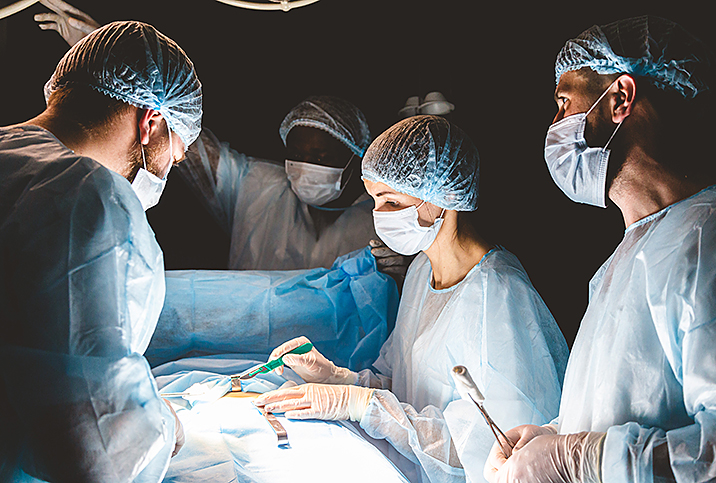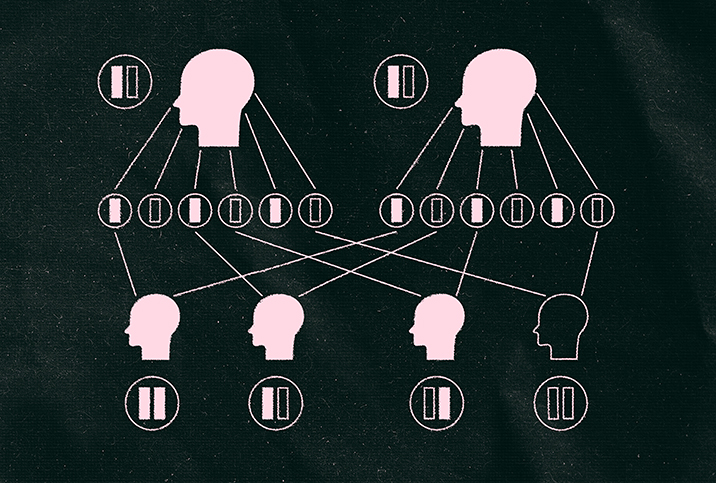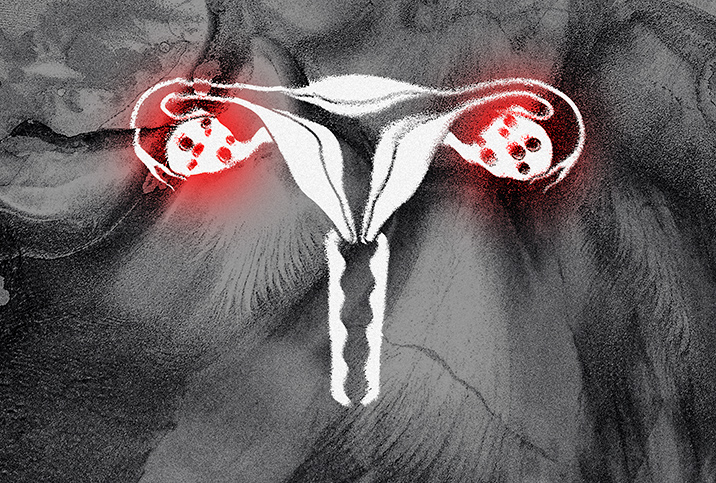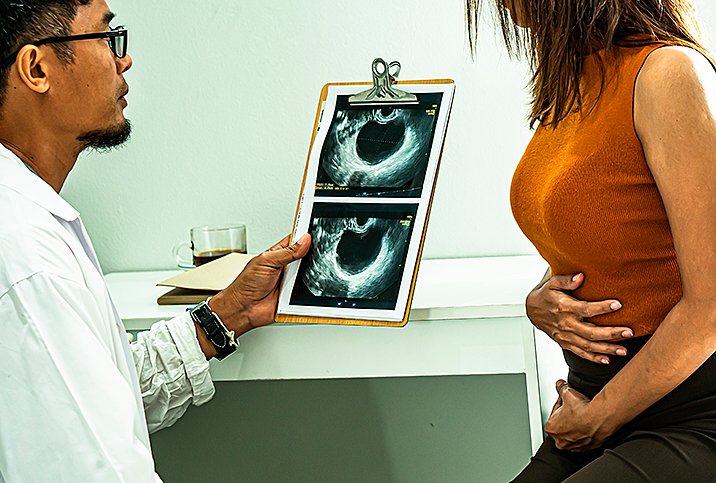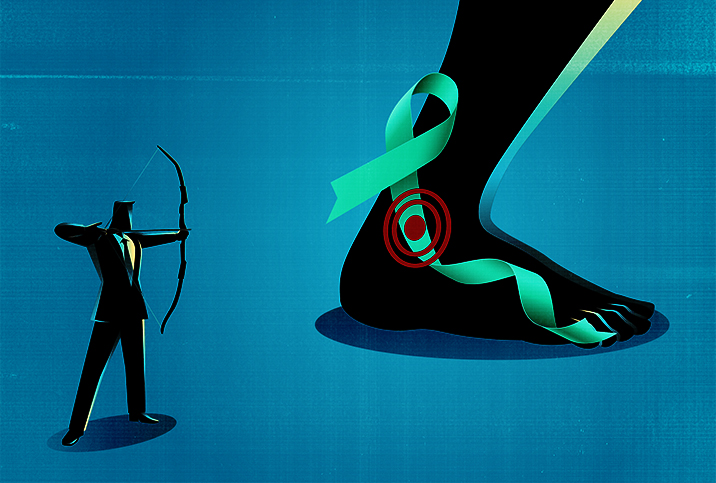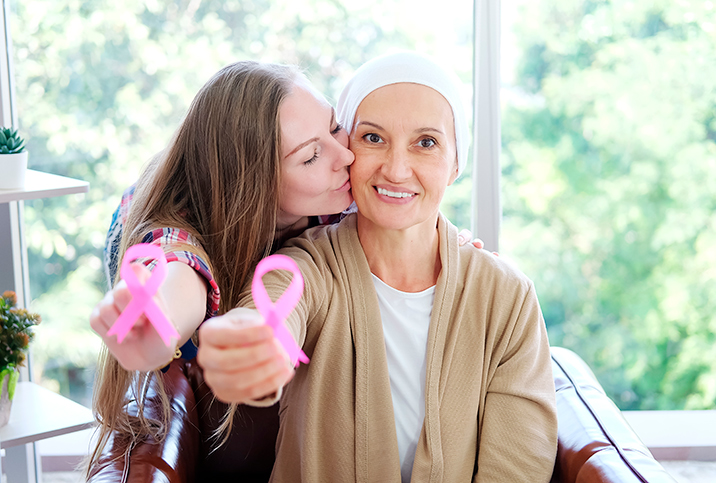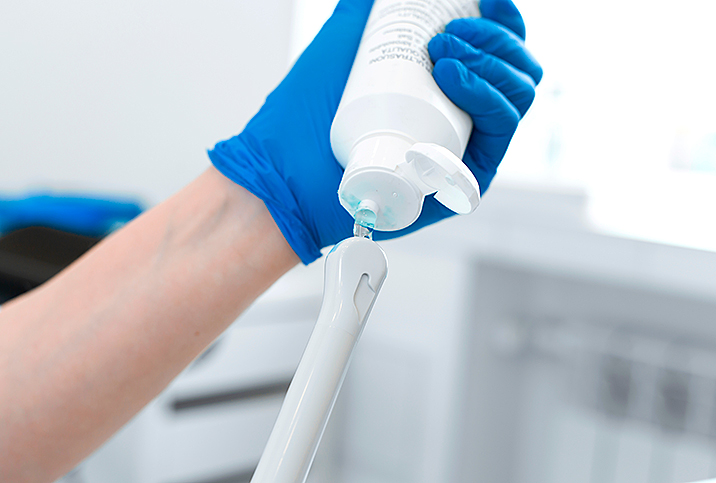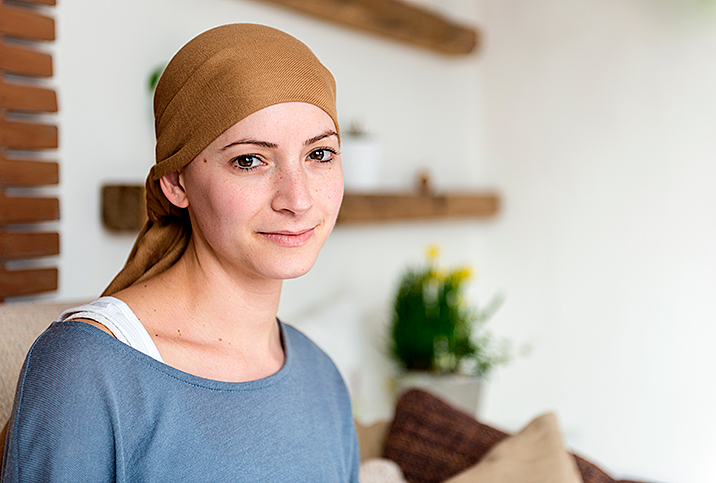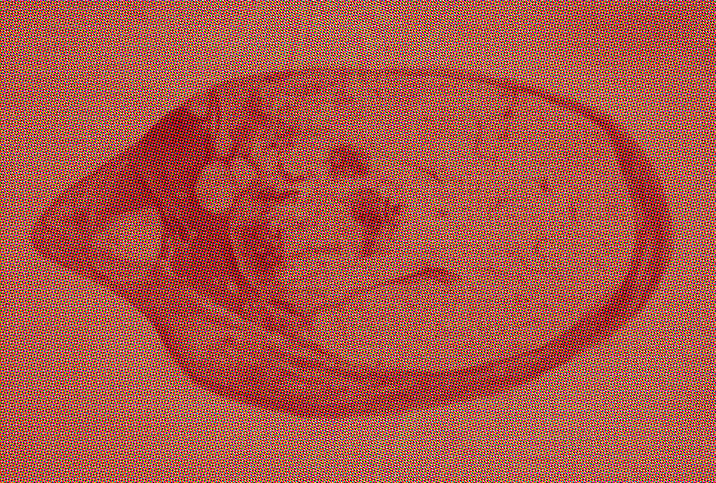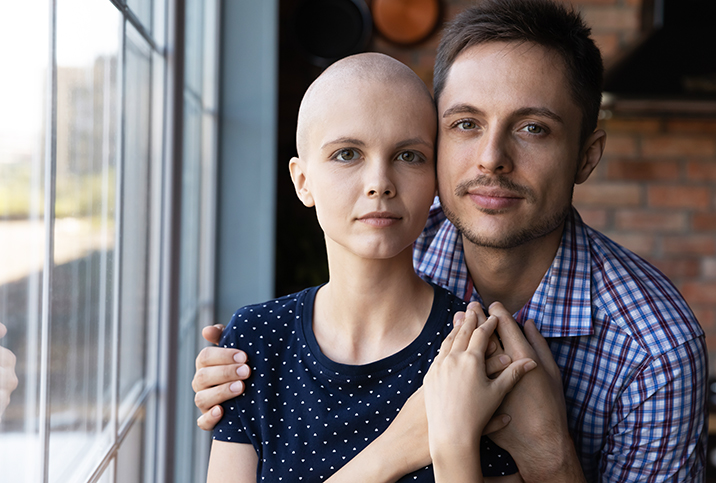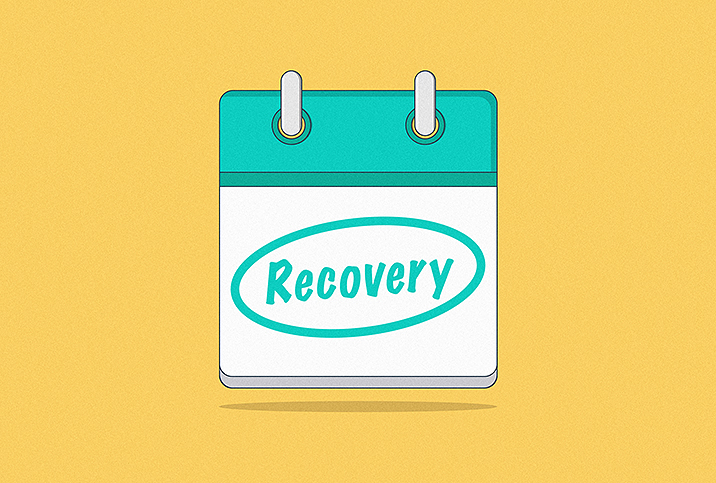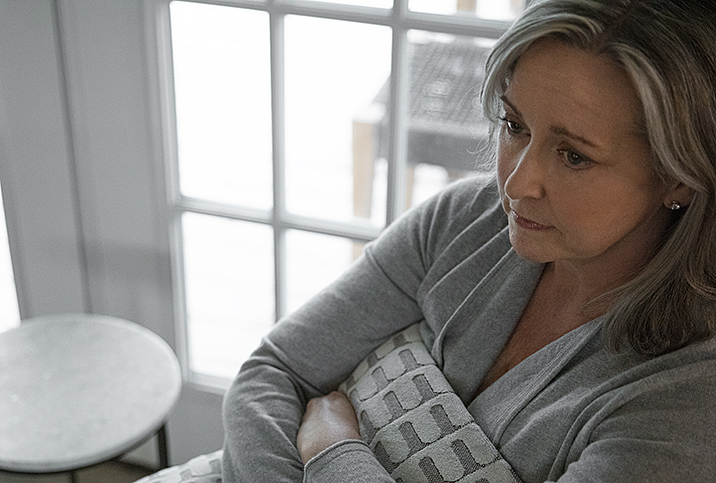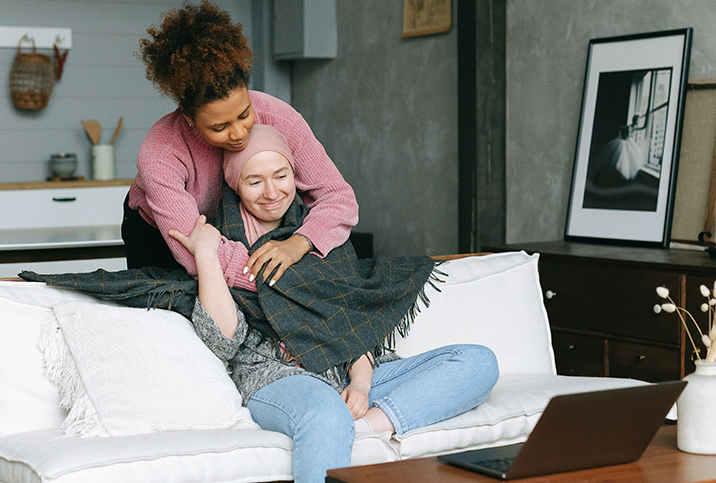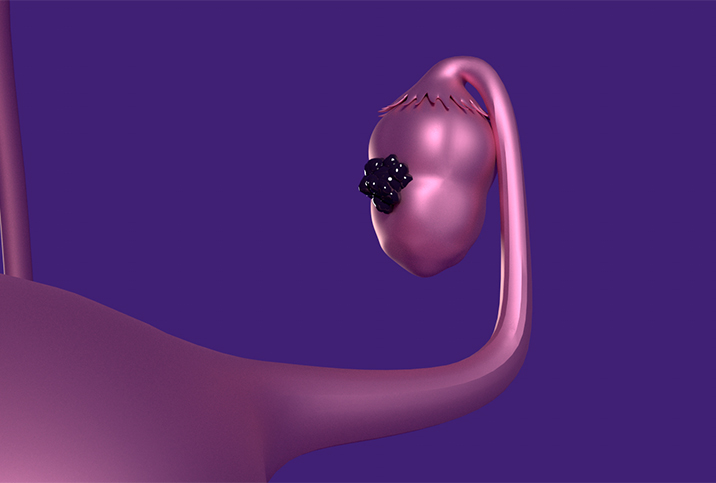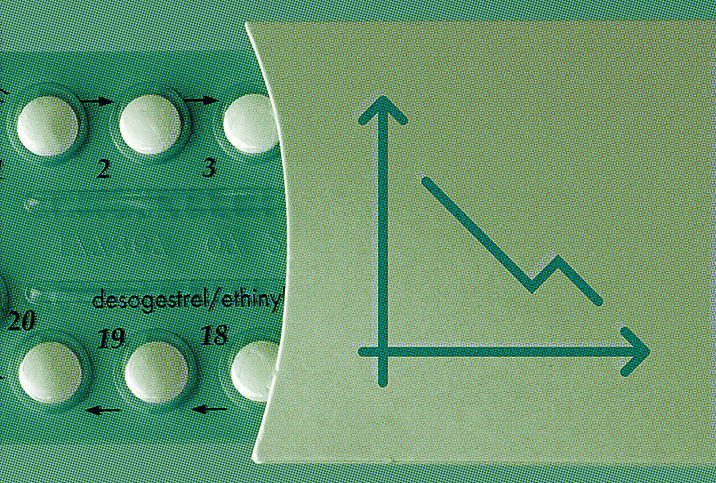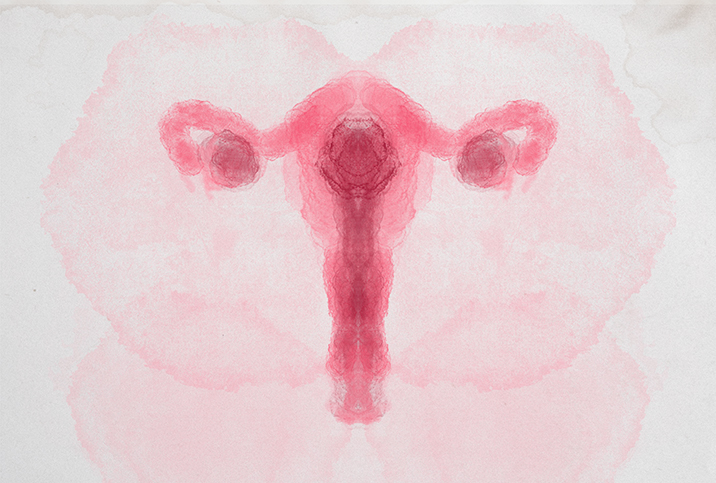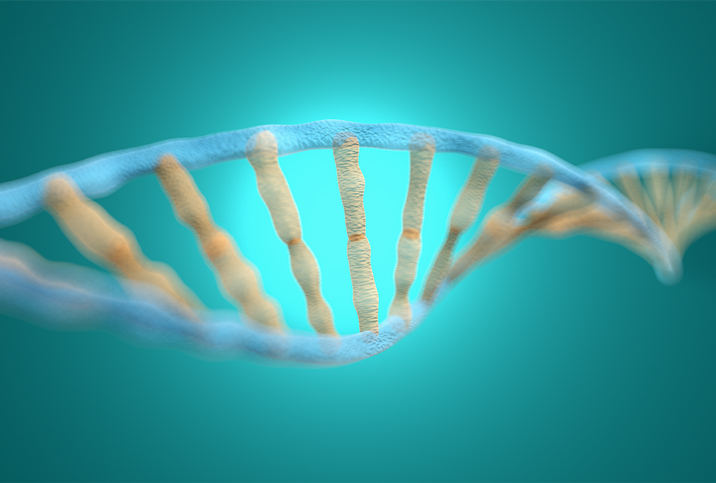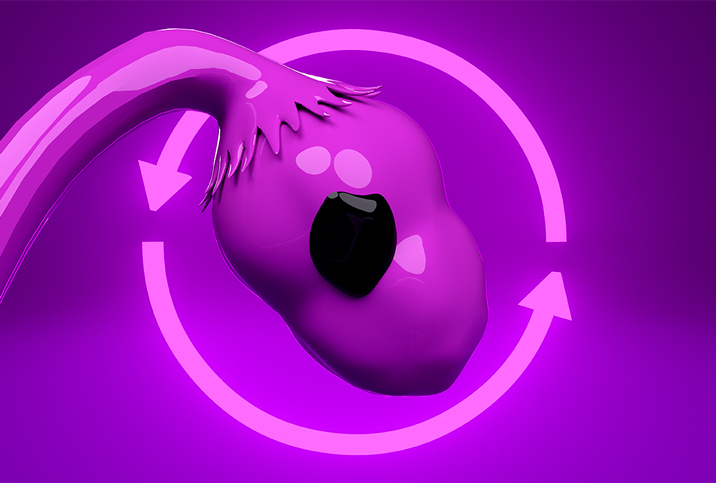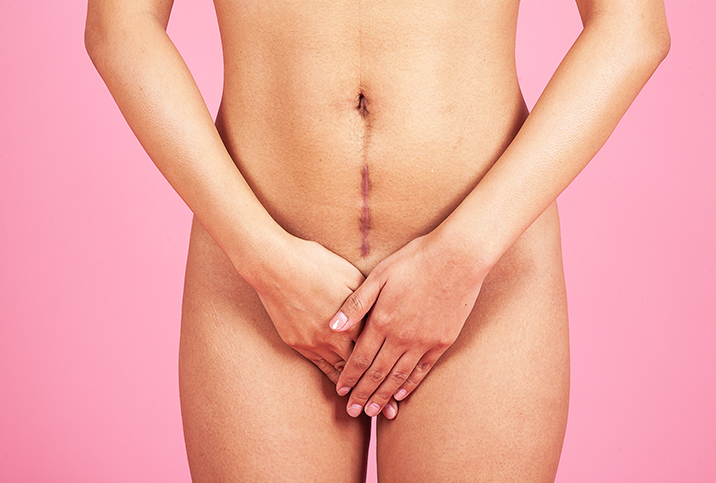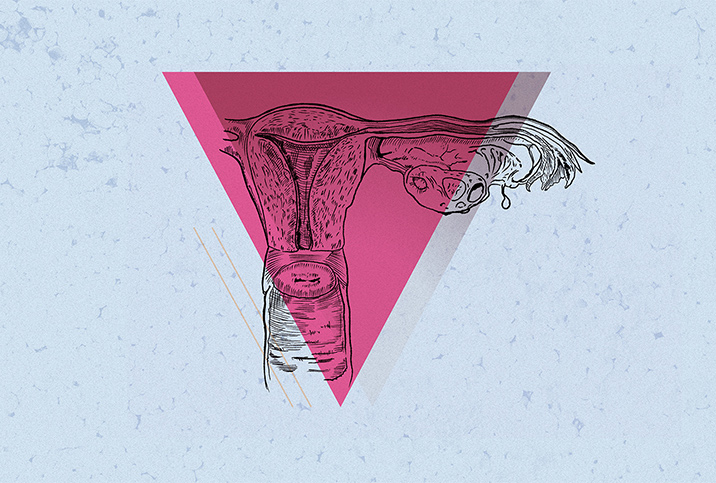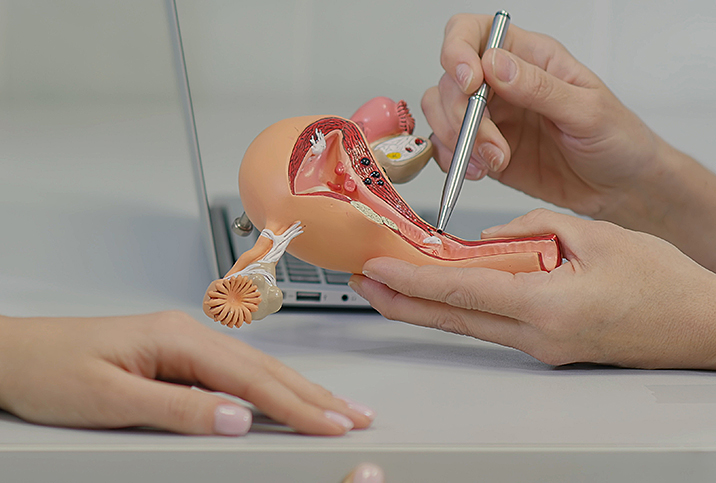The new screening test could be the first to reliably detect ovarian cancer in its early stages.
By Kate Daniel
Find out all you can about prevention, as this disease is often diagnosed at an advanced stage.
By Mira Miller
A new study suggests a potential link between a high-UPF diet, cancer development and death.
By Kate Daniel
A new study suggests a potential link between a high-UPF diet, cancer development and death.
By Kate Daniel
From ovarian cancer to ovarian torsion, women can develop multiple problems with their ovaries.
By Mira Miller
From ovarian cancer to ovarian torsion, women can develop multiple problems with their ovaries.
By Mira Miller
Experts say more women at risk of gynecological cancers should consider it.
By Kate Daniel
Here's what the science says about the millions of women with Endo.
By Helen Massy
Here's what the science says about the millions of women with Endo.
By Helen Massy
The second most common gynecologic cancer in the U.S. really only has two treatment options.
By Mira Miller
A cancer diagnosis impacts a woman more than just physically; her emotional state may plunge.
By Mira Miller
A cancer diagnosis impacts a woman more than just physically; her emotional state may plunge.
By Mira Miller
Often diagnosed in later stages, the disease has a tendency to return after initial treatment.
By Xenia E.
Black women are less likely to receive the recommended standard of treatment, researchers say.
Physical and emotional changes can feel overwhelming but they are not insurmountable.
Physical and emotional changes can feel overwhelming but they are not insurmountable.
The patient says one doctor disregarded her painful abdominal symptoms as thong irritation.
By Lauren Dodd
New guidance suggests opportunistic salpingectomy may be a better option than annual screening.
By Lauren Dodd
Elahere receives accelerated approval in an important advancement for gynecologic cancers.
A cytoreductive procedure can curb recurrences of the disease, a study indicates.
A recent study comes up with a new answer, one that eventually could help with screening.
TikTok panic about the common ingredient titanium dioxide is overblown, experts say.
By Coralle Skye
The protective association is not affected by other factors, a new meta-analysis indicates.
The actor feels she had to share her story due to an emotional connection with her audience.
STS partners with patients to educate future healthcare providers about this deadly disease.
By Izzie Price
A new tool enables researchers to differentiate data and identify patients for studies.
By Helen Massy
The findings could help identify more women at risk for this serious disease of the ovaries.
Determining risk for this deadly disease is difficult, but cutting-edge research shows promise.
By Helen Massy
Oophorectomy causes rapid changes to the body, but there are ways to alleviate the discomfort.
The side effects of chemo can be harsh, but this alternative medicine may help.
Research on the mRNA COVID-19 shot finds it effective for women undergoing chemotherapy.
An oophorectomy is a serious but common procedure to treat or prevent disease.
A new imaging drug may help women diagnosed with the deadly disease.
By Helen Massy
The position started as a response to health inequities and continues to be important today.
By Rae Nudson
Your family history can sometimes put you at a higher risk of developing the disease.
By Helen Massy
The tennis star began the first of six rounds of chemotherapy last week.
By Giddy Staff
Research into the common disease is ongoing.
By Helen Massy
However, the common signs of perimenopause are similar, which can make it tricky to discern.
Alterations on certain genes can predispose people of all sexes to a host of cancers.
Largest study to date brings new insights into benefits of MHT for postmenopausal women.
A recently discovered cellular pathway could lead to revolutionary drug therapies in the future.
Recurrence can't be stopped, but regular testing can keep you informed and prepared.
Despite the findings, doctors' recommendations remain the same.
Using talcum products on your genitals may slightly increase your risk.
By Coralle Skye
When treatment for MS leads to cancer, the compounding effect can seem insurmountable.
By Ally Sweeten
Giddy talks with Ovarian Cancer Research Alliance about promising scientific advancements.
Mounting evidence shows hormone replacement therapy, once feared, could actually save lives.
Most ovarian cysts are benign, but understanding their symptoms and treatment can be helpful.
By Holly Ellis
Being aware of and prepared for FCR can help you overcome and even avoid this condition.
Anxiety over cancer recurrence can steal your joy, but there are tools to overcome it.
Once you’ve had time to process the news yourself, you’ll need to decide who to tell.
Cancer treatment comes with severe side effects, but the right tools will help you endure.
Your age, lifestyle and treatment plan will guide which of these options are best for you.
Knowing what to expect can help prepare you for the weeks after ovarian cancer surgery.
An ovarian cancer diagnosis doesn’t mean your sex life is over.
Self-care at the beginning reduces stress down the road.
Knowing your reproductive options can help make starting or growing a family remain possible.
Empathy, teamwork and attentiveness to the needs of both partners are crucial.
A heavy flow or gush is not always normal and can signal more severe health issues.
Don’t be misled by the myths. Learn the facts and increase your awareness about ovarian cancer.
Clinical trials show this new class of drug may be a promising treatment for ovarian cancer.
By Anna Herod
Long-term use of certain oral contraception may help prevent some reproductive cancers.
By Holly Ellis
Medical breakthroughs bring hope to women in this battle against a deadly cancer.
Research into a link between the two conditions has shown conflicting results.
By Anna Herod
Certain genetic traits can significantly increase your risk of developing ovarian cancer.
By Anna Herod
Even women declared cancer-free after treatment aren’t in the clear, but you can help yourself.
Symptoms of ovarian cancer can vary dramatically depending on the stage of the disease.
By Anna Herod
Knowledge is key when it comes to battling cancer. Don't be afraid to ask for treatment details.
Ovarian cancer can uproot your life, but your sex life doesn't have to suffer forever.
Awareness of these four syndromes is vitally important if you have a family history of cancer.
By Holly Ellis
Unfortunately, the early symptoms of this dangerous disease are minor and easy to overlook.
Ovarian cancer can radically change you, your body and your self-esteem. Here's how to cope.
Treatment for ovarian cancer can be as tough as a diagnosis—knowing what to expect can help.
Noting subtle symptoms is critical when fighting a disease notoriously tough to diagnose.
Getting your 'tubes tied' is an effective and permanent way to prevent pregnancy (but not STIs).
One in 78 women will get ovarian cancer. Know your risk factors, find it early and beat it.
Keep certain considerations in mind before you opt for a glimpse at your genetic code.
Recognize ovarian cancer, the most deadly cancer that affects the female reproductive system.
By Anna Herod
Misinformation about your ovaries can cause confusion. Know the facts and bypass the fiction.
By Sarah Morris
A hysterectomy is a common treatment for ovarian cancer, but it causes surgical menopause.
Insulin issues accompany polycystic ovary syndrome. The right food can help you stay balanced.
Cancer treatment can affect a person’s sex organs, libido, well-being and overall self-esteem.
By Anna Herod
The 'cancer gene' might be new to your knowledge base, but learning more about it can only help.
By Emily Blaire






